Professional and Effective SEO Services for Your Business
Stop Guessing, Start Ranking: Dominate Search with Expert SEO Services
Are you tired of pouring marketing budget into campaigns that deliver lackluster organic results? Do you watch competitors climb the search rankings while your website languishes in obscurity? It’s time to transform your online presence and drive qualified traffic that converts.
Your Proven SEO Agency and SEO Services
Are you looking for SEO agencies that can deliver results? Look no further than Matrix Marketing Group. Our experts will help you rank higher on Google and increase your website traffic. The SEO services are about results. Contact us today for a free consultation!
SEO Audit
You’re tired of trying to rank for keywords that have nothing to do with your business.
You’ve tried using an SEO company before, but it never worked! Imagine having SEO experts who know how search engines work and can help you get found when people are searching for your products or services online.
We perform an in-depth analysis, including keyword research, competitor analysis, link-building strategy development, on-page optimization recommendations, and more. With our SEO audit service, you can get found by customers looking online. Google Ads Checklist – Download Now!

Your Blueprint for SEO Success in 2025
Whether you’re a business owner, marketer, or seasoned SEO professional, this guide is tailored to give you a competitive edge in the evolving digital landscape. Get SEO Pricing.


Keyword Research & Strategy
Get to the first page of Google and all top engines with a trustworthy company. Get a better ranking with professional seo services from the best seo services company.
Increase your search rankings and get discovered more online, which brings your light to someone who cares.
We will boost your rankings on Google, so clients will find you easier than ever! Search Engine Optimization Pricing

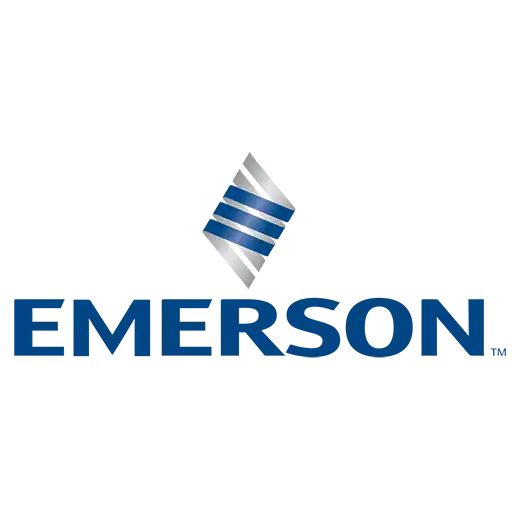


Local SEO
Local SEO is essential for local businesses if they want to get found online. You’re tired of paying high prices for local Search Engine Optimization and want the best results from your marketing.
Imagine getting top rankings on Google, Bing, and Yahoo! in just a few weeks without spending thousands of dollars.

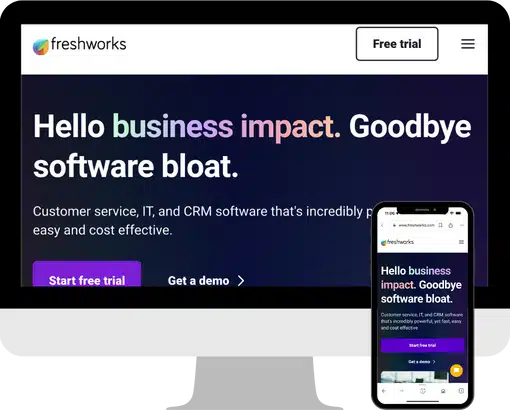
Keyword Research & Strategy
A great SEO strategy involves identifying the most relevant and popular keywords for a particular website or topic. To do this, it is important first to understand how search engines work and what types of queries are most likely to result in organic traffic from search engines.
Once you have identified the potential keywords related to your website or topic, you can begin to use them strategically in content across your site.
This could include using keywords in blog posts, articles, product descriptions, titles, and webpage meta tags. It is important to ensure that these keywords are used naturally within the content and do not negatively affect the user experience.
Technical SEO
You’ve been trying to rank your website for a long time, but you’re unsure how.
Imagine having a professional technical SEO audit done on your site so we can determine exactly why your rankings aren’t where they should be. With AI-driven SEO costs are never more affordable local seo services Get an expert Technical SEO audit today!
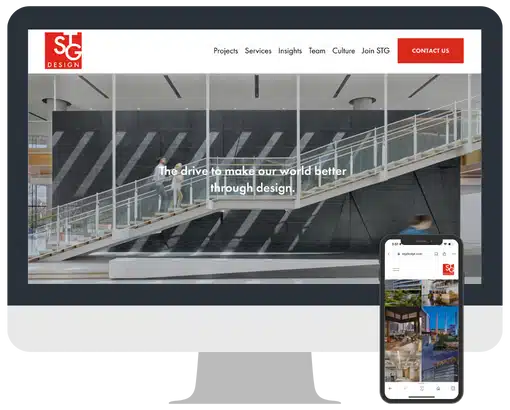

Product launch plan, Web design, Product shoots, Branding, Content marketing, SEO, Social media marketing, and Public relations
- 191% increase in Website Traffic month-over-month
- 232% increase in MQLs
- CRM and marketing automation selections and implementation: HubSpot conversion to SharpSpring.
- 13,836 keyword ranking added to boost the number of head and long-tail keywords.
Website redesign, Content marketing, SEO, and HubSpot implementation
- 1,051% increase in organic sessions; 168% Increase in Marketing Qualified Leads (MQL); Over 291% Increase in Sales Qualified Leads (SQL); Comprehensive website redesign, content marketing, and SEO strategy.
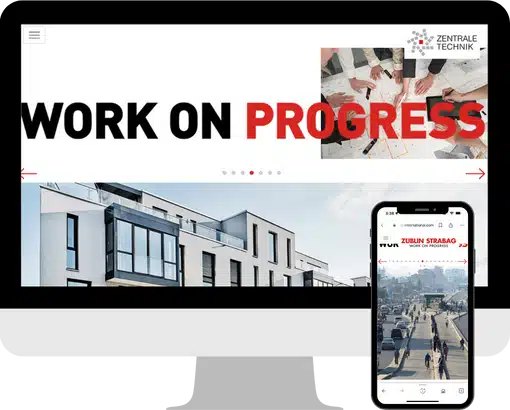
Shifting from Lead Generation to Revenue Generation: A New Era for Marketing Managers
Unlocking 67% More Revenue: The Shift Every Marketing Manager Needs to Make
In today’s fast-paced digital landscape, marketing managers are bombarded with new strategies and tools claiming to revolutionize their approach. This statistic is not just a number—it’s a call to action for marketing leaders to reevaluate their strategies and realign their efforts with the bottom line. Schedule an appointment.

Product launch plan, Web design, Product shoots, Branding, Content marketing, SEO, Social media marketing, and Public relations
- 191% increase in Website Traffic month-over-month
- 232% increase in MQLs
- CRM and marketing automation selections and implementation: HubSpot conversion to SharpSpring.
- 13,836 keyword ranking added to boost the number of head and long-tail keywords. Our national seo services get better results than other seo service companies. Website Design Pricing
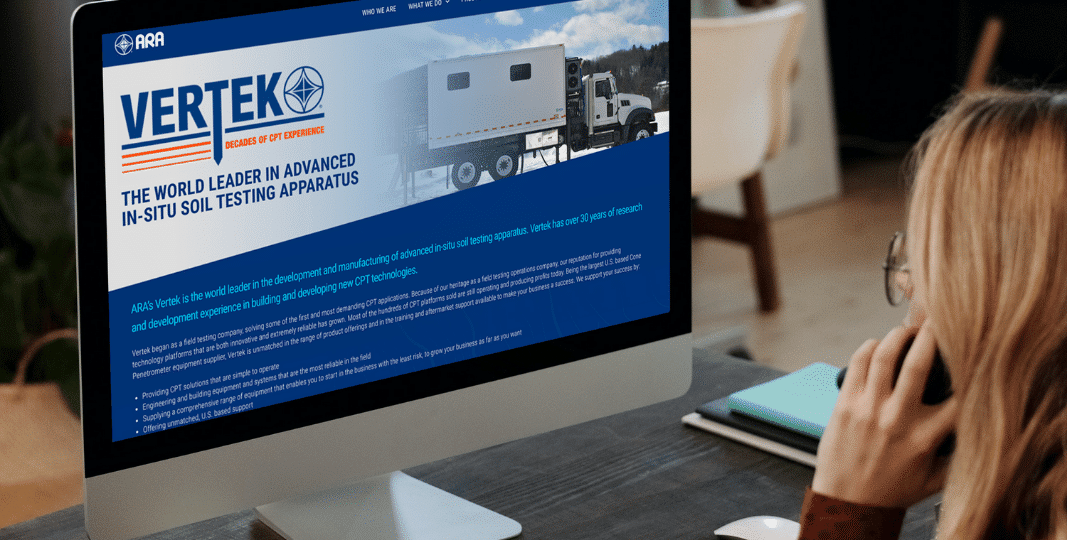
Affordable SEO Solutions That Drive Real Results
Matrix Marketing Group Delivers Customized SEO Strategies with Transparent Pricing for Maximum ROI. See SEO Services.
How Much Do SEO Audit Services Cost?
PRICING FOR SEO MARKETING SERVICES AND PROGRAMS
AGGRESSIVE PLAN – $1995
- 30 pages reviewed
- 60 minutes of audit & implementation training
- Complete audit report upon completion
- Keyword research & ranking report (Up to 50 terms)
- External link acquisition strategy
- In-Depth link audit
- Google My Business optimization (if needed)
- Google Core Vitals Test
- 30 Day Project
MARKET LEADER PLAN – $2995
- 70 pages reviewed
- 3 hours of audit & implementation training
- Complete audit report upon completion
- Keyword research & selection
- Keyword research (Up to 50 terms)
- Top keyword rankings
- External link acquisition strategy (Optional $500)
- In-Depth link audit [Optional $1200]
- Custom website seo services
- Google My Business optimization (if needed)
- Link profile
- Site load time – average
- Site load time – home page
- Google Core Vitals Test
- 45 Day Project
Return on Investment (ROI) from Thought Leadership SEO
Thought leadership SEO campaigns, which involve strategic planning and high-quality content creation, have demonstrated a return on advertising spend (ROAS) of 9.10, equating to a 748% ROI, with a typical break-even point at around 9 months. Review how to win with SEO Services.
